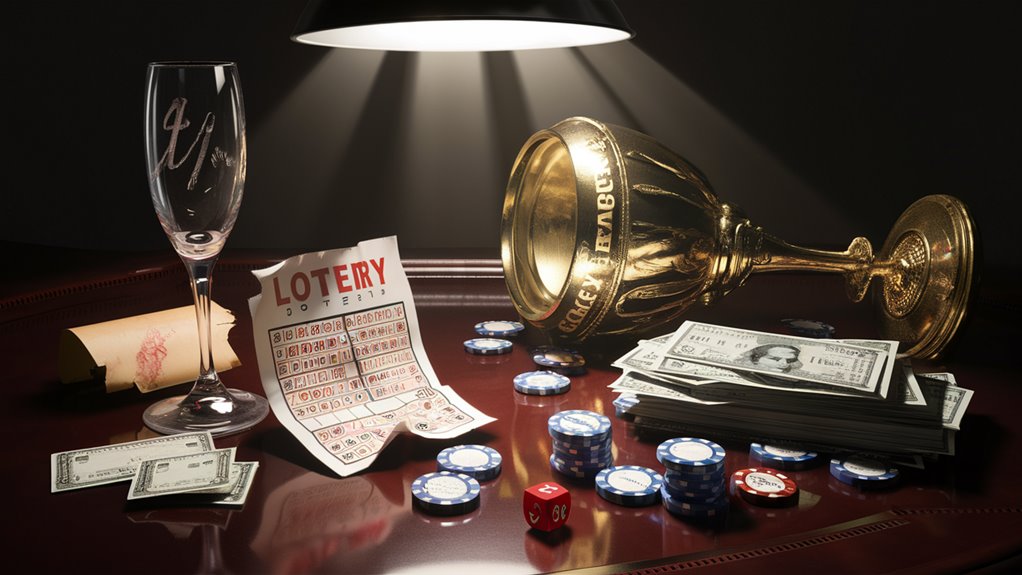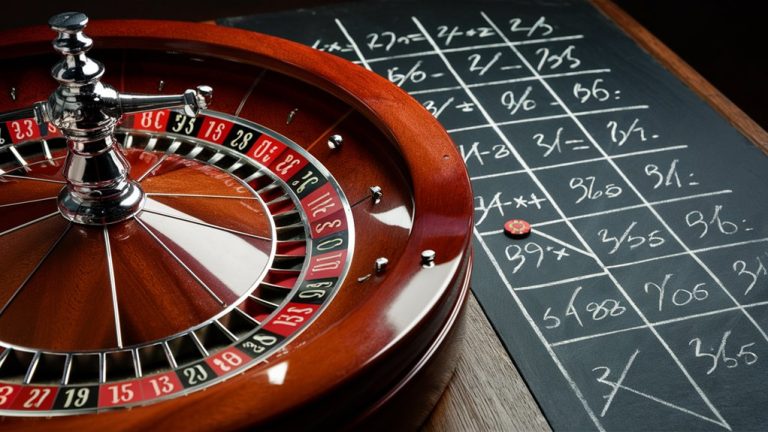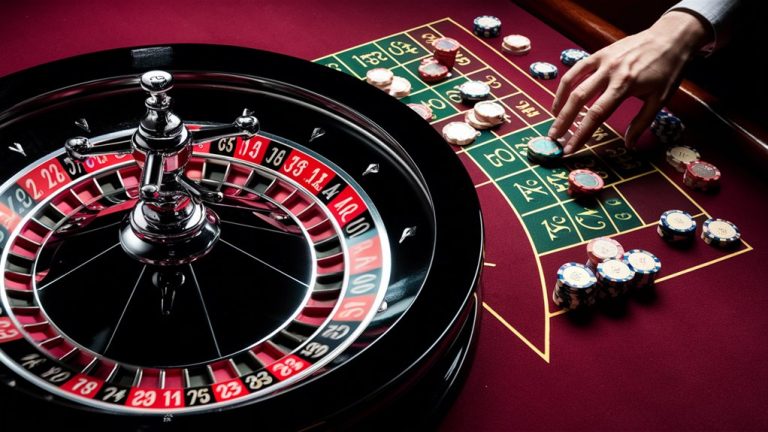
Your First Win Can Fool You in Business

Dangers in Early Success
Early wins in business can set traps in your mind that can throw off even top start-ups. Quick wins can make founders think they won just by luck and not by hard work, plans, or timing. Data from the industry shows that 65% of failed start-ups call out being too sure of themselves as a big problem.
The Overconfidence Issue
A first win can start a chain of bad moves by founders. Studies show 70% of start-ups fall after being too reluctant to take risks after their first big win. This 온카스터디 인증리스트 추천 happens when leaders start to:
- Skip key learning parts
- Turn down good partnerships
- Read market trends wrong
- Think they are better than others
Break Out of the Success Trap
To keep good growth, founders need to make plans that stop them from becoming too sure of themselves. This includes:
- Checking the market often
- Keeping an eye on rivals
- Looking at how you are doing a lot
- Working on your skills
- Being wise with risks
Long-Run Win Plans
How you deal with first wins can mean a big win or a big fail later. Smart leaders keep a learning mind, always try to learn more, and change with the market. They know luck and timing play a part and focus on always getting better, making early wins good steps to big things.
The Trick of Thinking You Were Just Born Smart
The Sneaky Part of Early Wins
First wins can trick you into thinking you were just born with it, making you see success the wrong way. When you win early, you might think your skills got it and not look at big things like timing, good luck, or luck.
The Science of Doing Well
Studies in how we do say thinking it’s all inborn can really drop the value of hard work and always trying. Those who buy into this false belief find it harder to deal with hard times compared to those who get the value of trying all the time and working at getting better.
Long-Term Growth Effects
Stuck in One Way of Thinking
Believing too much in born skill makes it hard to grow and learn. Early winners often:
- Pull away from good advice
- Stop trying to get better
- Hit a wall in getting better
- Start to do worse
What This Does To How You Do
When the game gets hard or changes, those stuck thinking ‘I was just born with it’ often find:
- They can’t adapt
- They can’t figure things out as needed
- They can’t take on hard changes well
- They start to fail more in the end
This shows how the wrong thought on born skill can pull you back instead of helping you.
Missed Chances to Learn
The Price of Winning Too Soon: You Don’t Learn Important Stuff

Gaps in Learning from Quick Wins
Winning right away can make you miss out on key learning steps. When you win fast, you often skip important learning parts that make you tough. Missing these lessons can hurt you when bigger tests come later.
Handling Hard Times
Studies show early winners often don’t have strong ways to handle stress. Without hitting roadblocks early, you don’t learn key skills:
- Looking at problems well
- Being able to change plans
- Dealing with fails
Getting the Right Mindset
Not facing hard times early really affects how you think. Those who always win early often think their skills are just there, not built. This view makes it hard when they face:
- Big problems
- Tough rivals
- New things to learn
Building Key Skills
To stay strong, you need to face:
- Hard times
- Chance to fix problems
- Step-by-step skill building
- Learning from each step
This builds a strong base for doing well later. Without these, you might not grow the strong thinking you need for constant learning and change.
What You Might Face Later
The cost of missing out on key learning hits:
- How you grow in your job
- Your personal growth
- How well you do against others
- Getting better at what you do
Getting and using this know-how is key for doing well as things get harder.
Thinking It’ll Always Go Smoothly
The Mind Trick of Winning
Winning early can make you believe winning will always be easy. Those first wins make you think all next wins will be just like the first. This wrong belief changes how you see risks and how you plan.
The Bias of Thinking You’re Hot in Business
Studies in how we think show the ‘hot hand trick’ messes up how we make choices. This mind trick has people think they can keep winning just like before. Smart founders and money folks really fall for this, wrongly seeing early wins as signs of always doing well after.
How Things Work and What Might Happen
Different tries work in different settings and each faces its own tests. Founders seeing fast wins might miss out on these key points:
- How things change in the market
- What buyers want now
- New players in the game
- How money shifts
Plans to Keep You Grounded
Write It Down and Think It Over
Keeping a close record of why you won helps set real hopes for what’s next. Looking back at wins should cover:
- Market state when you won Exploring the Legal Landscape of Online Gambling Worldwide
- What you had to work with
- Looking at the other players
- Timing
Learn from Fails
Seeing where others didn’t make it helps balance how you make choices. Knowing both wins and fails helps you guess risks better and keeps you from being too sure later.
Know Where You Stand
Every chance to do business is in its own place. Smart planning must think about:
- What’s up in the market now
- What you have to work with
- What challenges your field has



